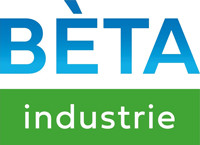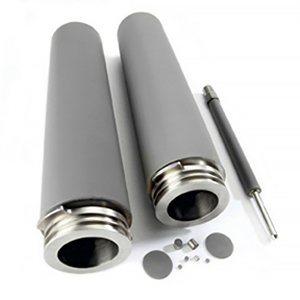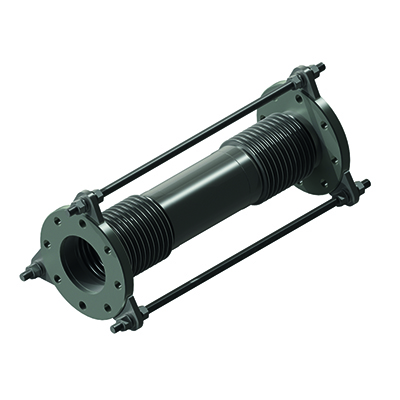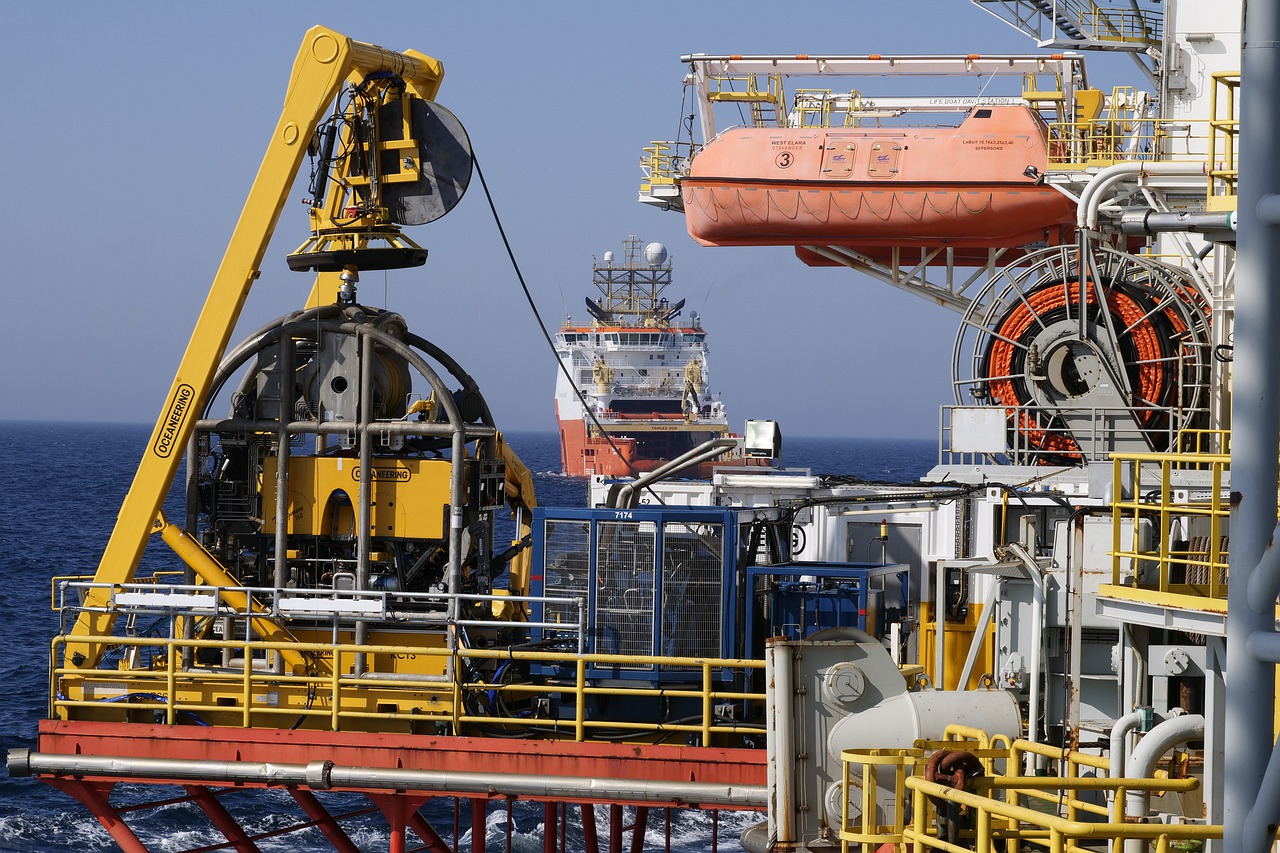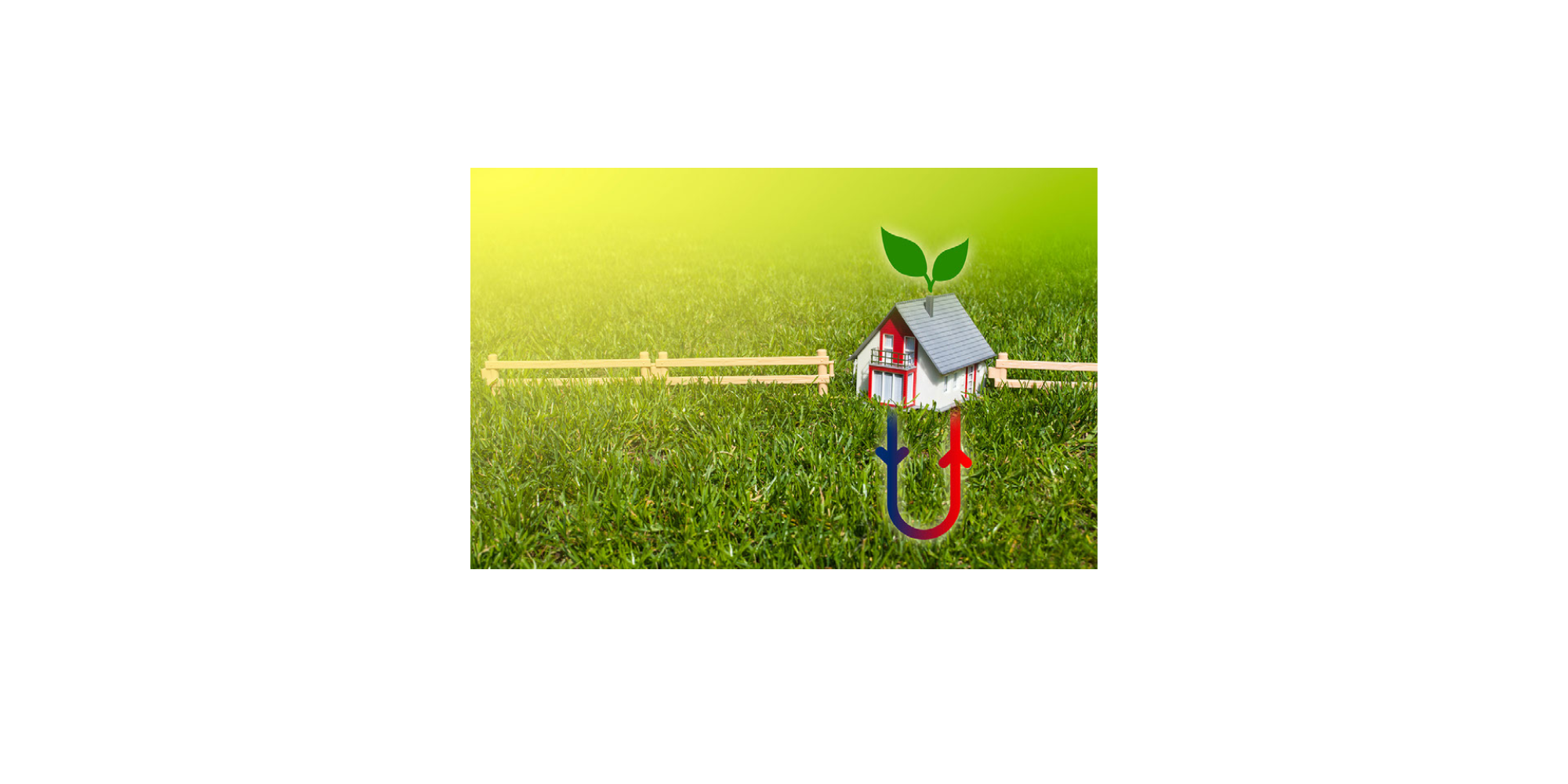
BÈTA industry contributes to sustainable development within the geothermal industry
Geothermal installations will play a very important role in the energy transition by making sustainable heat available to more and more people. Geothermal heat offers a renewable source for heating greenhouses, industry and residential housing, among others, which is done by pumping up hot water from the subsoil. This heat is extracted, after which the cooled and cleaned water is injected back into the same layer of earth.
Despite all the advantages of geothermal heating, there are always improvements to be made in the techniques used. For example, the installations can suffer from scaling over the long term, in which particles accumulate on walls of the equipment, or corrosion, in which equipment is slowly damaged and can even start to leak. This can lead to a loss in efficiency or, in the worst case, even the complete write-off of wells. Heat exchangers, pumps and even the production and injection well can all suffer from the effects of scaling and corrosion, making it important that they are well protected.
In the coming years, BÈTA industry will participate in large-scale research with an international consortium led by TNO. The aim of this is to tackle scaling and corrosion at the source: the presence of specific metals in the geothermal water. With the results of this research, we hope to be able to guarantee that geothermal plants can continue to provide sustainable heat not only now, but especially in the future as well.
- Disclaimer
- Sitemap
- Links
- © BÈTA industrie 2025. Alle rechten voorbehouden.

